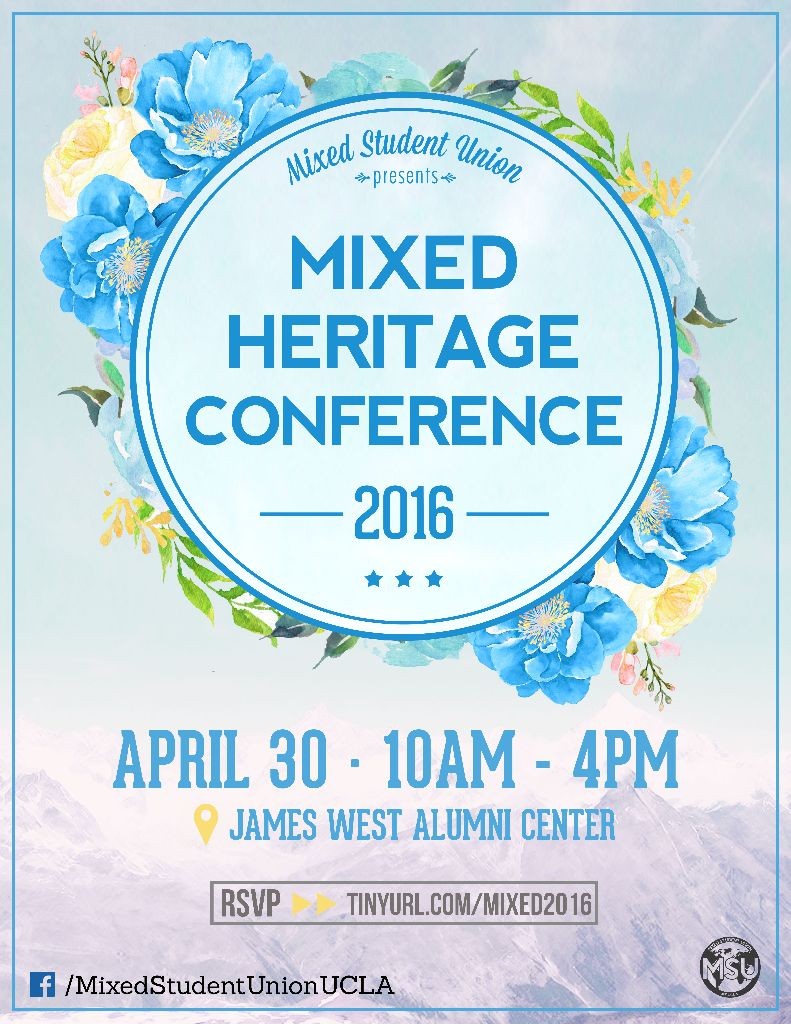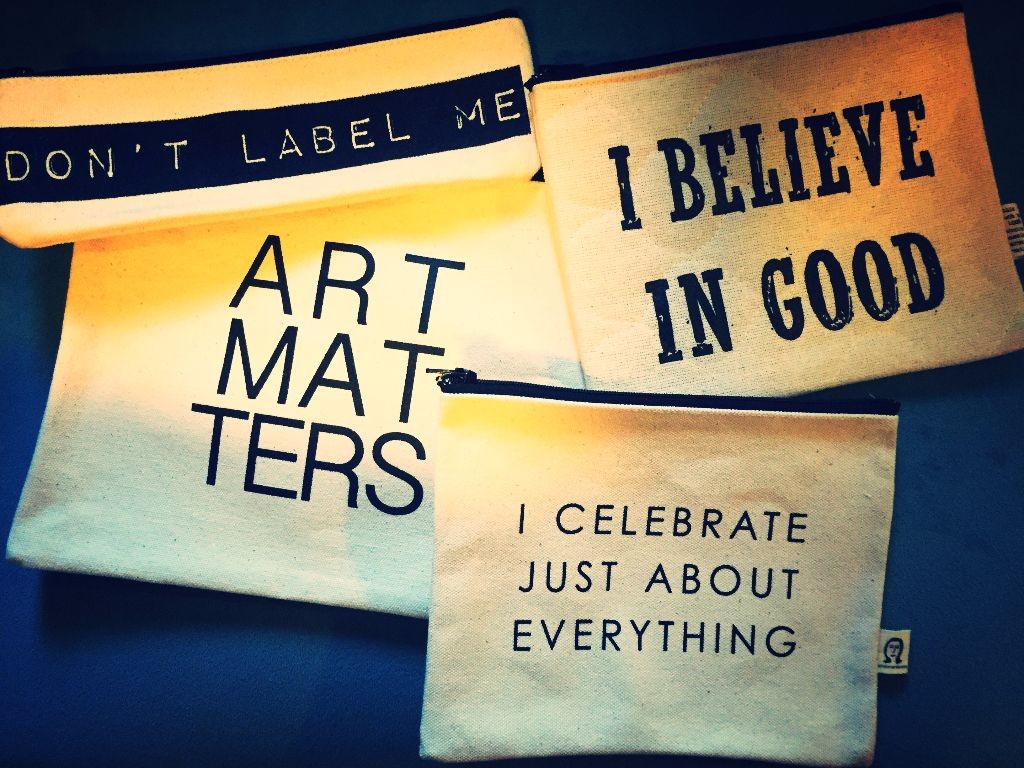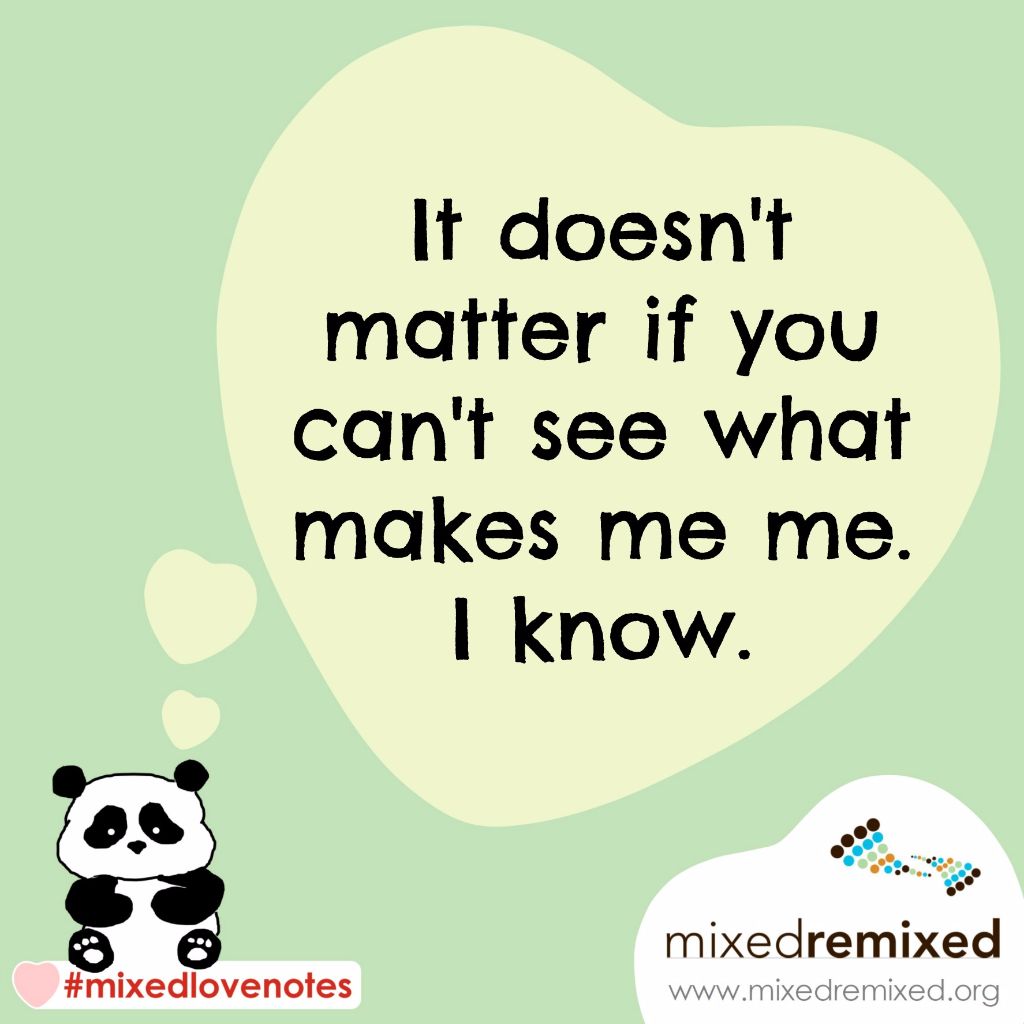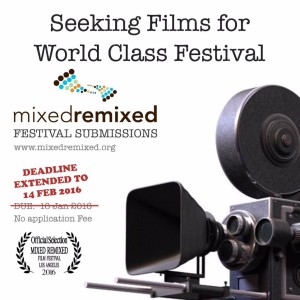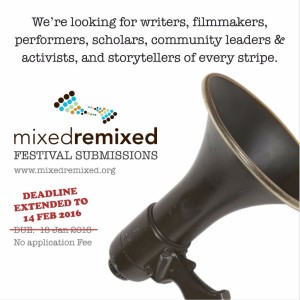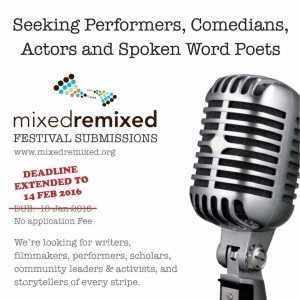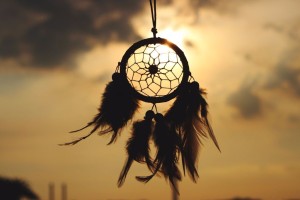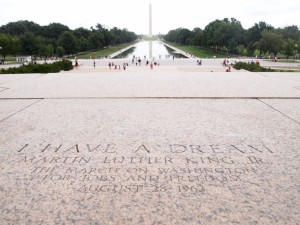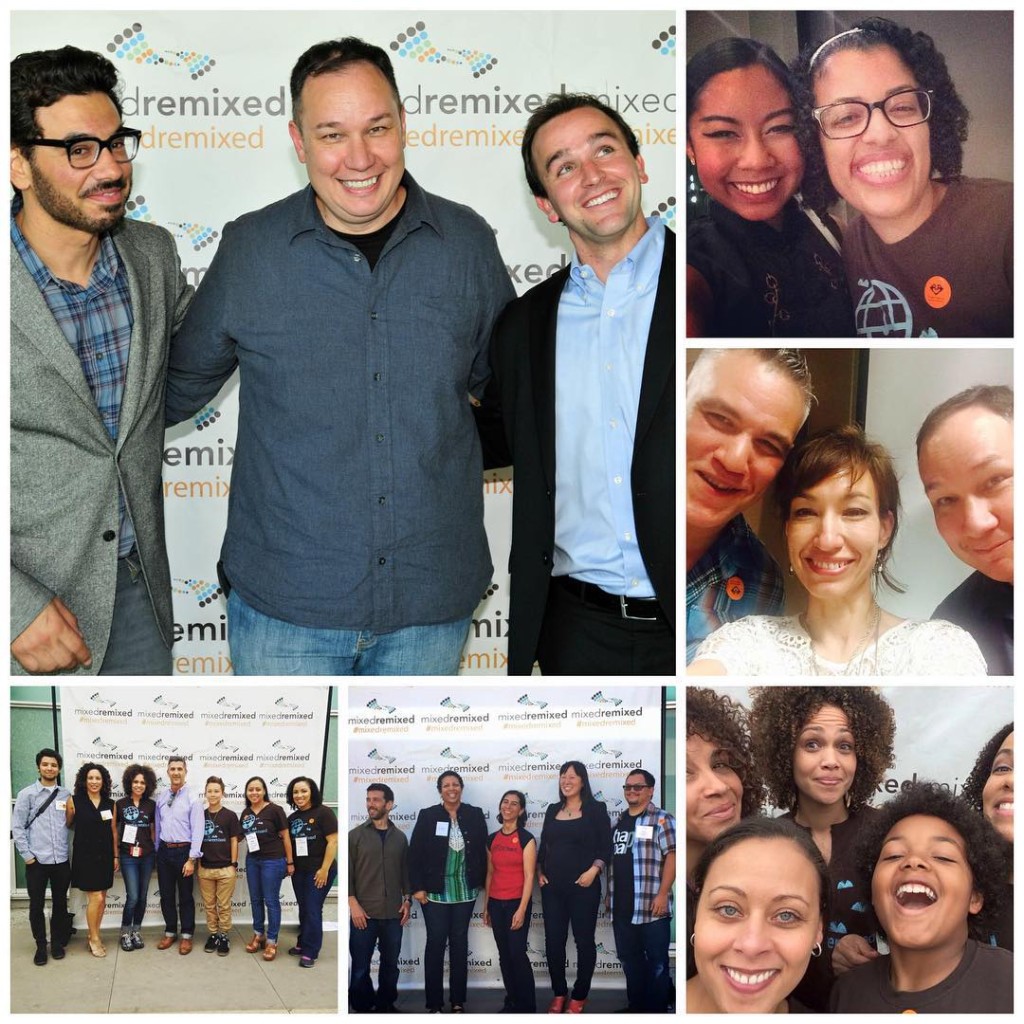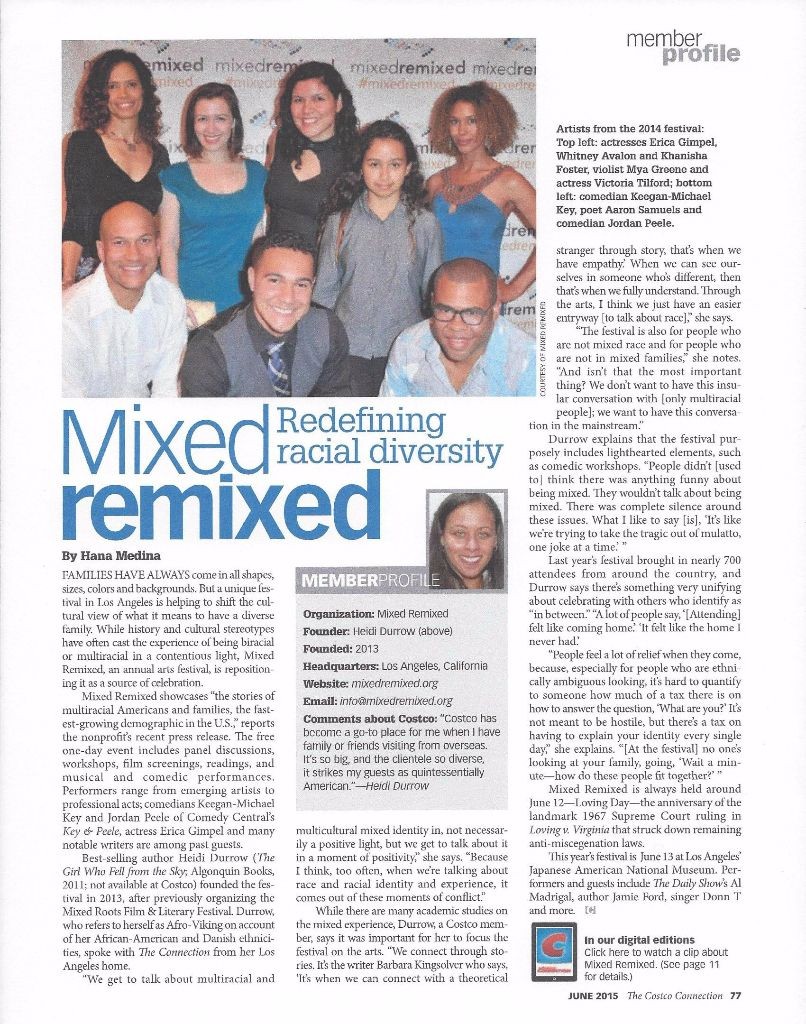A cool canvas make-up bag is yours for $10! Get it now!
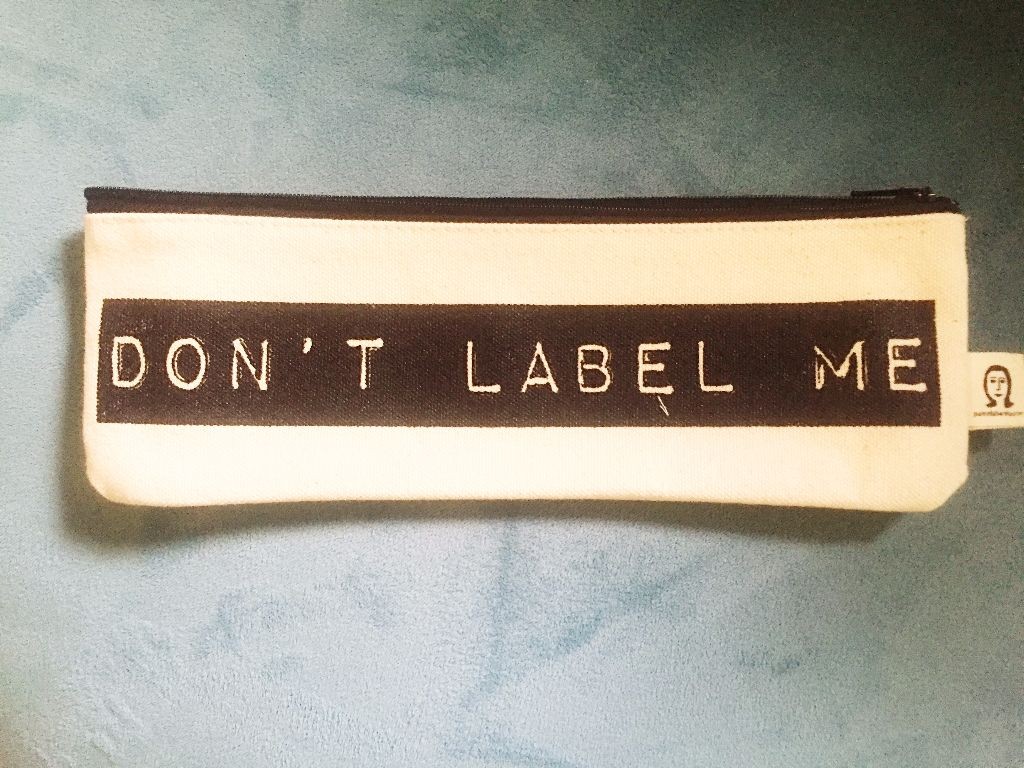 We want to thank all of you who donate to the Festival. Every little bit counts and goes toward making sure that our attendees and presenters have the very best experience possible! And it also keeps the Festival going strong. We want to thank you for your $10 donation with this awesome canvas pouch. It’s great for make-up, writing pens, and your random what-nots in your bag. And they’re fun. We can’t guarantee which message you’ll receive on your bag, but we can guarantee it comes with our very big thanks! Please donate now!-Heidi Durrow
We want to thank all of you who donate to the Festival. Every little bit counts and goes toward making sure that our attendees and presenters have the very best experience possible! And it also keeps the Festival going strong. We want to thank you for your $10 donation with this awesome canvas pouch. It’s great for make-up, writing pens, and your random what-nots in your bag. And they’re fun. We can’t guarantee which message you’ll receive on your bag, but we can guarantee it comes with our very big thanks! Please donate now!-Heidi Durrow
Mixed Love Notes: It doesn’t matter what if you see what makes me me. #mixedlovenotes
Mixed Remixed Festival Submissions 2016: Deadline February 14!
Good news for those of you who’ve had busy starts to the New Year—we’ve extended the deadline for submissions to the 2016 Mixed Remixed Festival. Remember the deadline is Sunday, February 14. That’s right, by the end of Valentine’s Day. Send your love our way by submitting to the festival!
Mixed Remixed Festival Submissions 2016: submit here. There is no submission fee.
Whether you’re an official or unofficial storyteller, we want your mixed-experience stories. Join us. We hope to see you and your work at our festival in June. —Joy Stoffers, Festival Blogger
Apply to PerformApply to Lead a WorkshopSubmit Your Short or Feature FilmApply now as a Writer or Panelist
The State of Race in Seattle
Dear Seattle,
Where do you reside?
Since you no longer work the Underground
Do you remember your Chief namesake?
You walk the slick streets,
stomping on each Tlingit whale relief,
never looking down
But you never look up, either
The City Light emblem never meets your eyes
Straight ahead you pass
by tattered tents,
calls from the wire-haired black men
whose teeth marched out of their mouths
Under bridges, disconnected from
the colors,
the mixing that’s all around
But is it?
Ads with colorful bodies
The black-and-white contours shaping
one dreamer’s face
lo, go ride a bus
Better, King County Metro
hail the newest King
We’ll Get You There
Will you? Where?
Because we confess our confusion
See you’re not so clear
It’s not the rain
No, it’s the fog,
your fear of confronting
the In Between
You think if you hold
your nose
that the stench will fade
or if you can’t smell it, the air is free
Quick construction
an address
some plaster
a patch
yet the hole’s still there
It’s the little tears
the ones ignored
that build
underground
the seams ripple
this current lives underneath
A bad taste blanketed
with a rose petal
These names intersect
with numbers
These faces link
to bodies
These people come
from places
We all began
We begin
We’ve begun
this conversation
doesn’t have to feel
like a
confrontation
But it will
Because when you
neglect
to stir the batter
dry and wet don’t mix
yellow egg sits atop white,
waiting
Raw by definition is an
uncooked state
unpalatable
unapproachable
undone
Put your defense away
Sit your haunches down
Open your ears
Let’s talk about
where we’ve been
where we wish we were
where we want to go
Not just because of
the birthday of a King
Not just because it’s
a nod at the news
More.
Because there’s much more
to life, love, liberty
than a four-letter word
that we associate with face
with appearance
with what seems to be
Like lines on a map
we intertwine
we blur when we meet
So climb down from your
Smith Tower
come take a ride
leave behind your
uncertain aggression
And let’s go search, together
for the place
for the world
where we want to live…
—Joy Stoffers, Festival Blogger
A Canvas From the Assumption of Others
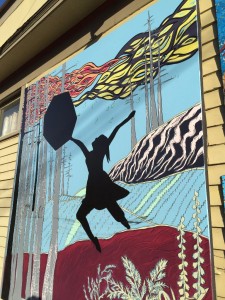 A Canvas for the Assumptions of Others
A Canvas for the Assumptions of Others
by Lisa Rosenberg
(Printed by the permission. This essay wasoriginally published here: http://lisawrosenberg.com/
You are the “other” box. Maybe not quite black, yet clearly not white. Or not visibly black, but something off-white. You are “exotic.” Possibly Armenian? Koori? Dominican? Really, really tan? No, you’re biracial, mixed, mulatto, colored, depending where in the world you hail from. You’re Both/And.
For some of us, the Barack Obama’s the Halle Berry’s and me, black is a convenient short-hand for our identity. It is how we appear to strangers, and doesn’t cause a stir or elicit extra questions. Black is also a way of adding our numbers to a much-maligned minority. But black skips out on half our story, half of our parentage and identity.
For the Jennifer Bealses, the Rashida Joneses, the black piece of the package is what people question. In both situations, there is a parent whose ancestry is less visible than the other.
And then there are those in the middle, the racially-ambiguous looking, where the trained eye can see a little of everything. In this spot, you’ll be facing the “what are you?” question more than the others, who tend to quickly be (if incorrectly) categorized by strangers. In the middle, you throw people off.
Now I’m wading into the deep waters of “Ascribed Identity,” a concept I first read about in graduate school when Dr. Elaine Pinderhughes came to present on her book, Understanding Race, Identity and Power. Ascribed identity has little to do with who you actually are and everything to do with how others see you—their snap-judgments, the stories they tell themselves about who and what you are—based on your appearance alone. No matter how far from the truth these inferences are, you deal with them all day long—in the questions people ask, the treatment you receive. Other people’s stories and judgments—whether you believe them or not, whether you know about them or not—are part of your identity. Even when they are totally false. It’s that flicker of here-we-go-again awareness anytime someone compliments your diction or asks where you are “from.”
When you are mixed, this ascribed stuff can feel like a costume that doesn’t quite fit, but that’s always going to be somewhere in your closet nevertheless. It’s important to be aware of it, to be prepared for the things people say and assume. But the good news is that our ascribed identities need have no bearing on our self-concepts, our behavior or choices. For example, I have been judged for not speaking “black,” for not wearing my hair in braids, even for being the wrong weight for my color. (That really happened).
Sometimes, being biracial can feel like being a canvas for other people’s creative assumptions.
My favorite section of Dr. Maria Root’s Bill of Rights for People of Mixed Heritage (that I think I quoted three or four posts ago) is this one: “I have the right to self-identify. To identify myself differently than strangers expect me to identify.”
Frankly, I think this right applies to everyone—not just those of mixed heritage. But when it comes to us biracial types, there are a great many opinions on how we should identify ourselves racially, ethnically and otherwise.
After hearing Pinderhughes speak, my fellow social work students and I were suddenly thinking about identity more than we ever had before. Our daily vocabulary included not just ascribed identity, but also terms like use-of-self and cross-cultural competence. Like everyone else, I was grappling with what it meant to be me—how I was perceived versus who I was and how my background affected my work with clients. When I identified as biracial, black and Jewish, I was challenged by my fellow students at every turn.
Some white students looked at me as a novelty.
“Wait—you’re Jewish? How did you get Jewish?”
“I guess you could be Jewish, like Ethiopian.” My Jewish ancestry is Ashkenazi, actually, regardless of my skintone.
On the other hand, many black students bristled when I identified as mixed, saying I was black, because it was how I was seen. (Ascribed identity.) If I claimed I was “both,” then I was denying or diluting my allegiance to my father’s African heritage. I countered that I had to embrace all of my heritage, and not deny my mother’s background. I was informed that white people didn’t need or want me; blacks did. If I identified myself as Jewish—which, to me, had nothing to do with my race—students of color said I was identifying with the oppressor.
My Jewish ancestors, by the way, arrived by boat at the turn of the last century. Not one of them owned slaves.
So, eighteen years later, imagine my confusion at this curious phenomenon I’m finding on the internet lately. Dismissiveness, in some cases contempt, toward mixed-race people who identify as black. Now people have always taken issue with the words biracial people use to self-identify. For example, when Tiger Woods called himself “Cablinasian,” people became incensed; he was trying to deny his blackness. When Vin Diesel referred to himself as having “ambiguous ethnicity” while playing one Italian American character after another—people had a lot to say, much of it not for tender eyes.
But lately, as I browse the comments on articles that feature mixed race celebrities—writers, filmmakers, athletes, I’m seeing the pendulum swing a new way.
When President Obama calls himself black, many argue that he’s not black, he’s biracial and should stop “pretending.” They say the same about Halle Berry, who grew up being encouraged by her white mother to identify as black. Again, people take umbrage over Lacey Schwartz, producer and subject of the filmLittle White Lie, identifying as a black woman. After her film aired on PBS, the internet was abuzz with outrage over the fact that Schwartz, who is the child of a white, Jewish mother and black father, could not “accept herself as a biracial person.” The shocking part is that these comments came from mixed people, who know all too well how it feels to be dismissed by the generalizations of others.
How can one biracial person judge another for identifying “wrong?” And how is it suddenly not okay for people like me to call ourselves black? Sure, you can argue that, as the product of a white and a black parent, I’m only as black as I am white (regardless of my appearance). Since I cannot call myself white (see my profile photo? That would just be silly) I should not be allowed to call myself black. The reason that logic doesn’t work is my appearance.
I am not white. But I am Jewish, by way of my mother’s ethnicity. And in this way, I embrace and embody both sides of my heritage. (If my mother weren’t Jewish, but Irish or Italian, for example, I’d identify the same way, black and Irish or black and Italian. Jewish is an ethnicity as well as a religion.)
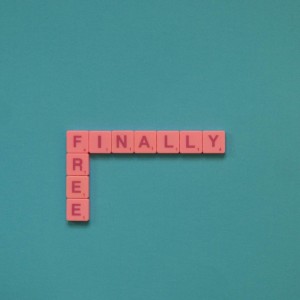 That’s why to be mixed is to be both-and, as well as sometimes neither-nor. Our identities are fluid by nature. No matter how white or how black we appear. So, instead of being canvasses for other people’s creative assumptions, let us be fountains of our own multiple heritage.
That’s why to be mixed is to be both-and, as well as sometimes neither-nor. Our identities are fluid by nature. No matter how white or how black we appear. So, instead of being canvasses for other people’s creative assumptions, let us be fountains of our own multiple heritage.
I have no claim to monopoly over the words I use to identify myself. All I ask is to self-identify, to claim all my heritage without challenge. We are all-inclusive, often in flux, sometimes leaning one way, sometimes the other. We’re not confused or out of touch with reality.
We’re not tragic either.-Lisa Rosenberg
[Tweet ” All I ask is to self-identify, to claim all my heritage ” #mixedrace #multiracial]
Are We Part of MLK’s Dream? Biracial & Mixed-Race People Today
Even in 2016, there are many issues worth arguing over. During a recent conversation with a black friend, I said something like “America doesn’t care about MLK day.” I apologize for this frustrated, cynical outburst. And while I hope the statement isn’t true, it’s hard to maintain optimism when “destruction” seems to be the word of each day. However. Today is a day for regrouping. For remembering incredible past progress.
Yes, because today is Martin Luther King Jr.’s birthday, let’s discuss gratitude. Let’s discuss the birth of a dream.
On August 28, 1963, at the March on Washington, MLK delivered his iconic “I Have a Dream” speech. Because we write on the backs of our ancestors, we reimagine their dreams. MLK arguably uses this knowledge to great effect.
I say to you today, my friends…even though we face the difficulties of today and tomorrow, I still have a dream. It is a dream deeply rooted in the American dream. I have a dream that one day this nation will rise up, live out the true meaning of its creed: ‘We hold these truths to be self-evident, that all men are created equal.’
Of course, for our purposes, I’d be negligent if I failed to quote another extraordinarily memorable passage:
I have a dream that my four little children will one day live in a nation where they will not be judged by the color of their skin but by the content of their character. I have a dream…that one day…little black boys and black girls will be able to join hands with little white boys and white girls as sisters and brothers.
We—those who are biracial, multicultural, multiracial, and generally diverse—are the descendants of these dreams.
We are made possible by other dreams, too. Like Mildred Jeter and Richard Loving’s dream of equal love, that which transcended race. Because 1958 is only 58 years ago. Only 58 years stand between 2016 and language from people like Chief Justice Warren:
Almighty God created the races white, black, yellow, malay and red, and he placed them on separate continents. And but for the interference with his arrangement there would be no cause for such marriages. The fact that he separated the races shows that he did not intend for the races to mix.
In 1967’s Loving v. Virginia, the Supreme Court ruled anti-miscegenation laws unconstitutional. So 49 years stand between 2016 and the constitutional guarantee that all “mixed” marriages are legal. On a distinct but equally important note, less than a year stands between 2016 and the constitutional right for same-sex couples to marry.
Now let’s return to today. We aren’t MLK’s dream. We’re not the children MLK directly refers to in his speech. We are the children and grandchildren (literally and figuratively) of the little black boys and girls who have held hands with little white boys and girls. As sisters, brothers, lovers, friends, we are a family, blood ties or no. As people sharing a mixed but nevertheless human experience, we are of all colors and stripes. We are the descendants of dreams, the dreams of dreams. And, thanks to MLK and other advocates like him, we have dreams of our own.
Happy birthday, MLK, and thank you for the roads you paved. —Joy Stoffers, Festival Blogger
Multiracial & Mixed Race & Interracial Writers, Performers, Bloggers & Scholars Wanted DEADLINE EXTENDED!
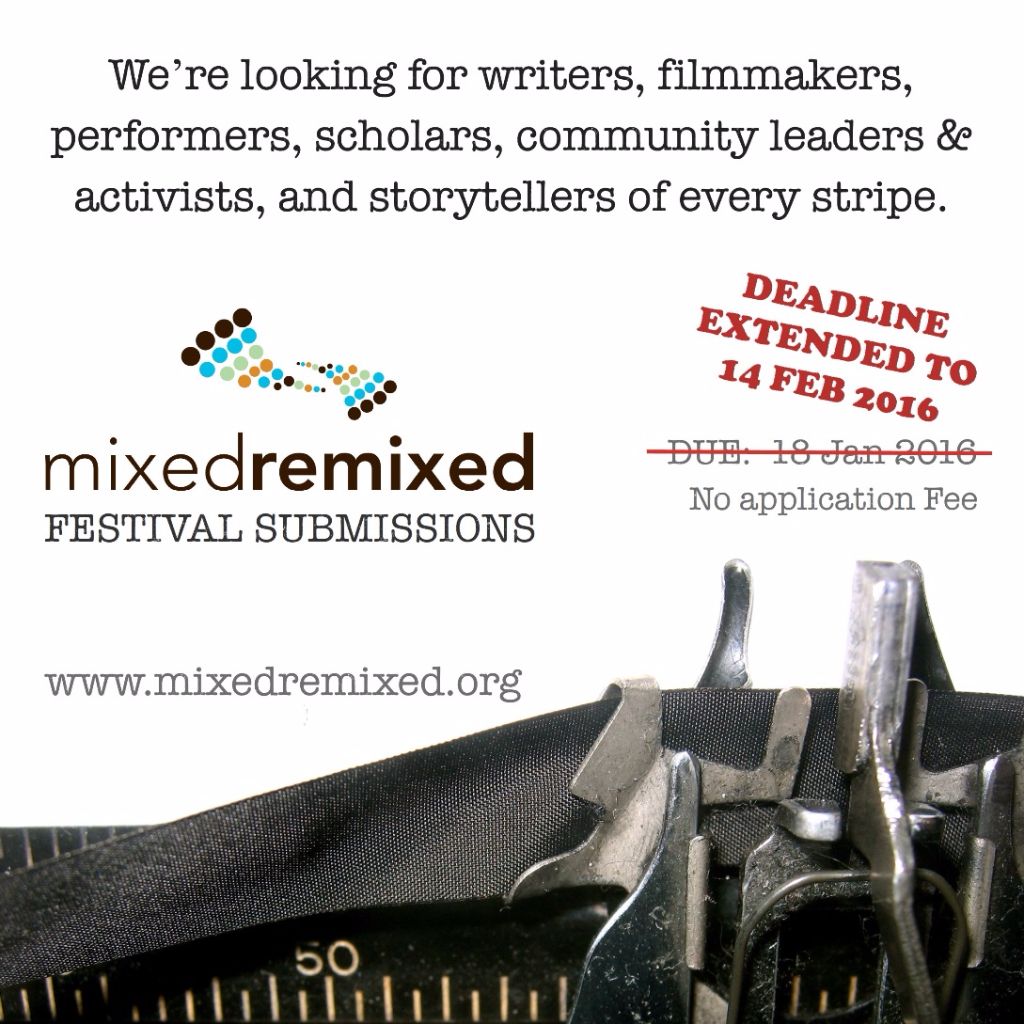 We’re seeking filmmakers, writers, bloggers, performers, scholars, and storytellers of every stripe who have stories to share about the Mixed and multiracial/multicultural experience. We’re also seeking panel presentation ideas and workshops. WE HAVE EXTENDED THE DEADLINE TO Feb. 14, 2016. There is no submission fee. Find out how to submit your work here.-Heidi Durrow, Festival Founder
We’re seeking filmmakers, writers, bloggers, performers, scholars, and storytellers of every stripe who have stories to share about the Mixed and multiracial/multicultural experience. We’re also seeking panel presentation ideas and workshops. WE HAVE EXTENDED THE DEADLINE TO Feb. 14, 2016. There is no submission fee. Find out how to submit your work here.-Heidi Durrow, Festival Founder
Dysfunctional Family Bingo – Multiracial Family Edition
We know that the holidays — as wonderful as they can be — can also be a source of stress when families get-together. Sometimes those challenges are a little different or heightened in multiracial families. We thought we’d help you get through the next couple of weeks with a fun game of Dysfunctional Family Bingo Multiracial Family Edition 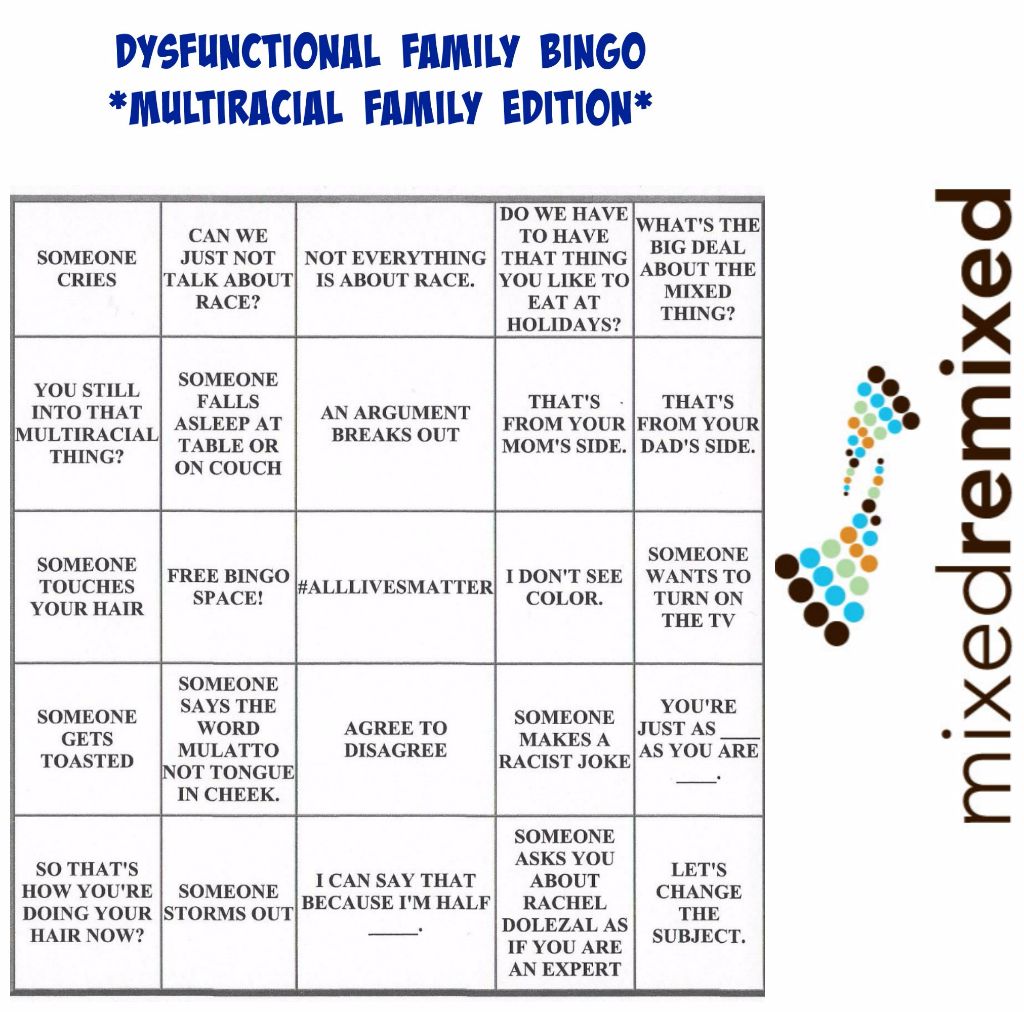 . We found the “game” a few years ago in a magazine article by Martha Beck (Finding Your Own North Star). She writes: “. . . gather with friends and provide each person with a [blank] bingo card . . . Each player fills in her bingo squares with dysfunctional phrases or actions that are likely to surface at her particular family party. For example, if you dread the inevitable ‘So when are you going to get married?’ that question goes in one square of your bingo card. If your brother typically shows up crocked to the gills, put “Al is drunk” in another square, and so on. Take your finished cards to your respective family gatherings. Whenever you observe something that appears on your bingo card, mark off that square. The first person to get bingo must sneak off to the nearest telephone, call the other players, and announce her victory. If no one has a full bingo, the person who has the largest number of filled-out squares wins the game.” We’ve created a Multiracial Family Edition that you can download here (or right click on the image and save). Of course you canalways make your own. I’m filling mine out right now. Let us know how it goes! And Happy Holidays!-Heidi Durrow, Festival Founder
. We found the “game” a few years ago in a magazine article by Martha Beck (Finding Your Own North Star). She writes: “. . . gather with friends and provide each person with a [blank] bingo card . . . Each player fills in her bingo squares with dysfunctional phrases or actions that are likely to surface at her particular family party. For example, if you dread the inevitable ‘So when are you going to get married?’ that question goes in one square of your bingo card. If your brother typically shows up crocked to the gills, put “Al is drunk” in another square, and so on. Take your finished cards to your respective family gatherings. Whenever you observe something that appears on your bingo card, mark off that square. The first person to get bingo must sneak off to the nearest telephone, call the other players, and announce her victory. If no one has a full bingo, the person who has the largest number of filled-out squares wins the game.” We’ve created a Multiracial Family Edition that you can download here (or right click on the image and save). Of course you canalways make your own. I’m filling mine out right now. Let us know how it goes! And Happy Holidays!-Heidi Durrow, Festival Founder
Call for Submissions for 2016 Mixed Remixed Festival
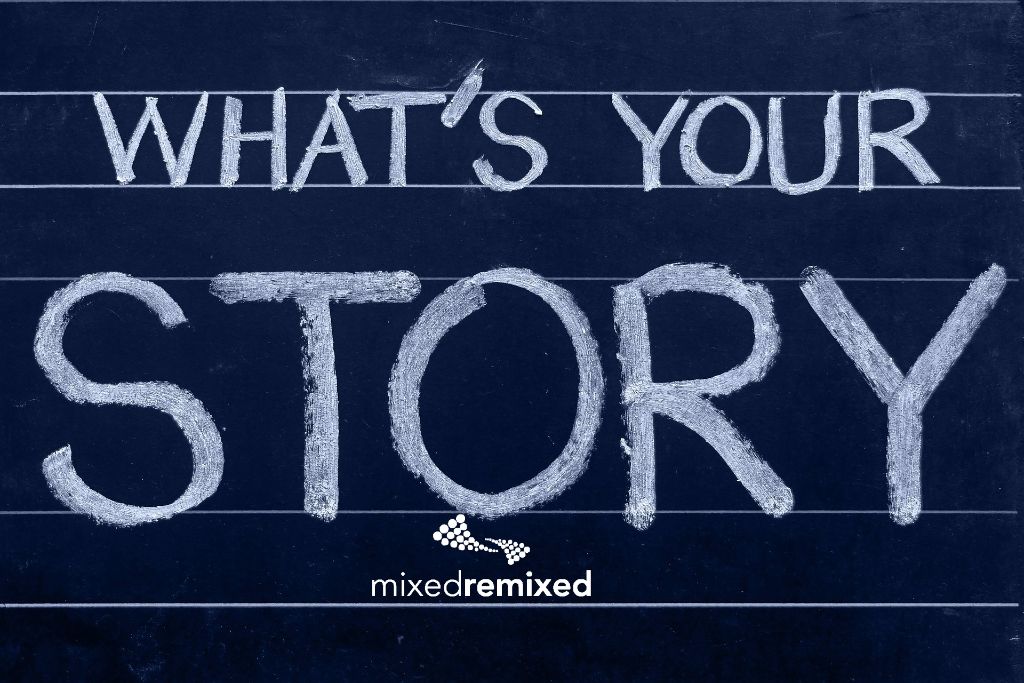
Share your story. UPDATED 1/11/16: We’re seeking filmmakers, writers, bloggers, performers and scholars of every stripe who have stories to share about the Mixed and multiracial/multicultural experience. We’re also seeking panel presentation ideas and workshops. The deadline is Jan. 18, 2016 Feb. 14, 2016. There is no submission fee. Find out how to submit your work here.-Heidi Durrow, Festival Founder
- « Previous Page
- 1
- …
- 14
- 15
- 16
- 17
- 18
- …
- 38
- Next Page »
